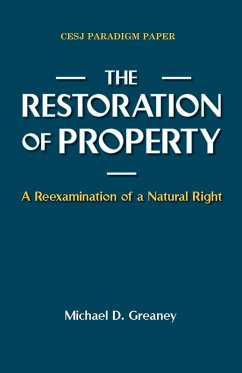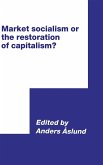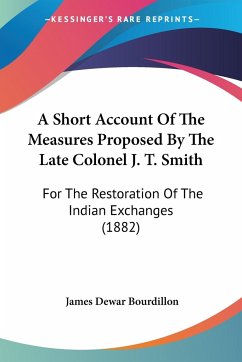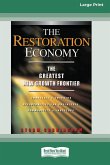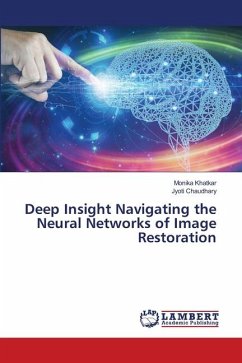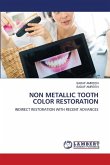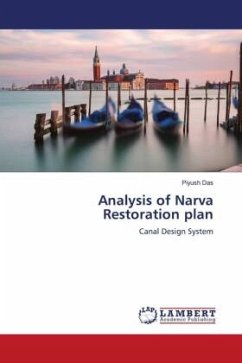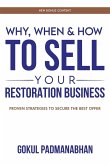"If only because power naturally and necessarily follows property, concentrated ownership of the means of production is the most serious political and economic problem in the world today. People as diverse as Karl Marx and Pope John Paul II have viewed this 'ownership gap' as a root cause of fundamental social problems. It is, as well, a result of flawed and unjust laws and institutions. These, in turn, create flagrant inequalities of economic opportunity and personal freedom. A social order that systematically concentrates economic power must therefore be viewed as an explicit offense against human dignity. The question becomes what to do about it." - Introduction to THE RESTORATION OF PROPERTY In 1936 Hilaire Belloc, with G. K. Chesterton revered as one of the founders of "distributism," wrote of "the restoration of property." Trapped within what Louis Kelso and Mortimer Adler called the slavery of past savings (THE NEW CAPITALISTS, 1961), however, Belloc's insightful analysis suffered from the lack of an effective program of implementation. The best he could do was to recommend burdening the rich with laws and regulations to keep them from using their power to prevent capital acquisition by others. A better, "Just Third Way" solution would be to remove systemic barriers in the form of flawed tax, monetary, financial and legal systems that inhibit or prevent capital acquisition by the non-rich. At a time when most people are focused on the results of seriously flawed tax, monetary and fiscal policy, and seek government assistance to stave off the effects of generations of bad decisions, this short book by Michael D. Greaney, Director of Research for the Center for Economic and Social Justice (CESJ), suggests a better alternative: focus on the causes of the growing wealth gap and other problems. We need to take a hard look at our institutions, especially taxation, money and credit, and determine how these hinder access to the means of acquiring and possessing property in capital today, and what needs to be changed so they can help us rather than hinder us tomorrow. Mr. Greaney is also the author of IN DEFENSE OF HUMAN DIGNITY (2008) and SUPPORTING LIFE: THE CASE FOR A PRO-LIFE ECONOMIC AGENDA (2010).
Hinweis: Dieser Artikel kann nur an eine deutsche Lieferadresse ausgeliefert werden.
Hinweis: Dieser Artikel kann nur an eine deutsche Lieferadresse ausgeliefert werden.

